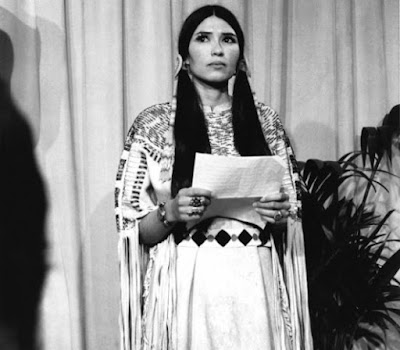Ngugi wa Thiong'o - Jalada Africa
New Ngugi wa Thiong’o story translated into over 30 African languages in record-breaking issue of Jalada Africa by Jennifer on Mar 23rd, 2016 The latest edition of Jalada Africa contains a new short story by Ngũgĩ wa Thiong’o translated into over 30 African languages, making it the “single most translated short story in the history of African writing”. The short story was originally written in Kikuyu as “Ituĩka Rĩa Mũrũngarũ: Kana Kĩrĩa Gĩtũmaga Andũ Mathiĩ Marũngiĩ”, and was translated by Ngũgĩ himself into English as “The Upright Revolution: Or Why Humans Walk Upright”. This is an impressive first foray into translation for Jalada Africa , a Pan-African writers’ collective based in Nairobi, Kenya. Translation Issue: Volume 1 is the culmination of a four-month project, and features collaborative work by professional and amateur translators as well as language enthusiasts from



